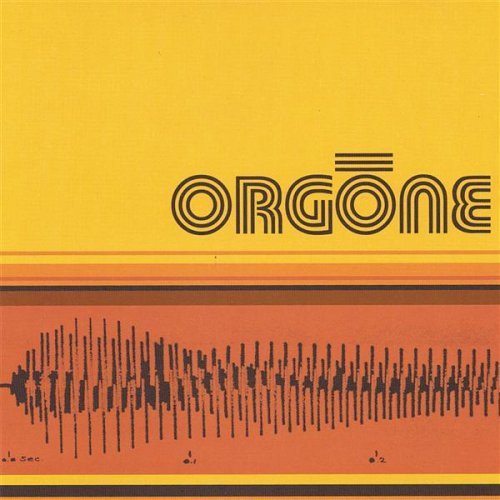The Heady Funk of Orgone
/SOME CONTEXT
Since forming in 2001, the LA funk-revival ensemble known as Orgone has made quite a name for itself. You may not have heard of them, but artists like CeeLo Green and Alicia Keys have and were so impressed that they used Orgone as a backing band on some of their best recordings.
Over the last several years, they have added a singer—a former Macy Gray backing singer—named Nicki J. Crawford and have been a very popular act on the festival circuit, playing sets at Bonnaroo and Wakarusa fests, for example.
THE REVIEW
These guys idolize bands like The Meters and Parliament/Funkadelic, but on their 2001 self-titled debut they take the groove off of your booty and into your head. It's very cerebral stuff, the kind of music that elicits chilling more than dancing. This is no more evident than on "Deep Wank," which channels the mellowest of a Sublime influence. Keeping it mellow may disappoint fans of Orgone's later, more pulsating rhythmic work, however, the slow stuff is really ambitious. Orgone is a vocal-less record, but it's incredibly focused. They keep the grooves simple and jam gently, letting the Rhodes, phasers and effects wash over the riffs. Fans of jazz-fusion pioneers like Joe Zawinul should take note of pianist Dan Hastie's expert keys and his wonderful interplay with guitarist Sergio Rios. Even when Orgone get loud, as they do on the last minute, brilliant crescendo of "Captain's Log," it never sounds like they're losing control or overplaying. Instead, Orgone feels—paradoxically—both calculated, yet not the least bit rigid. It showcases a group that has the chemistry of industry pros who have been playing together for years. The result is somewhat essential "chill" music and a wonderfully understated debut album.
Orgone



